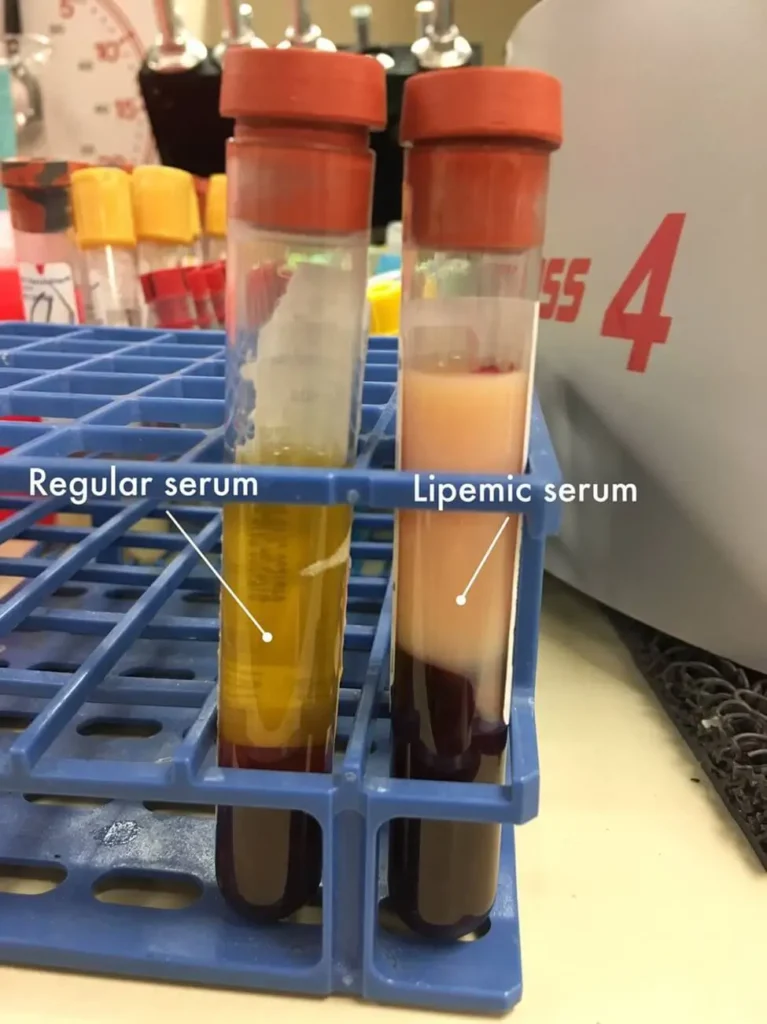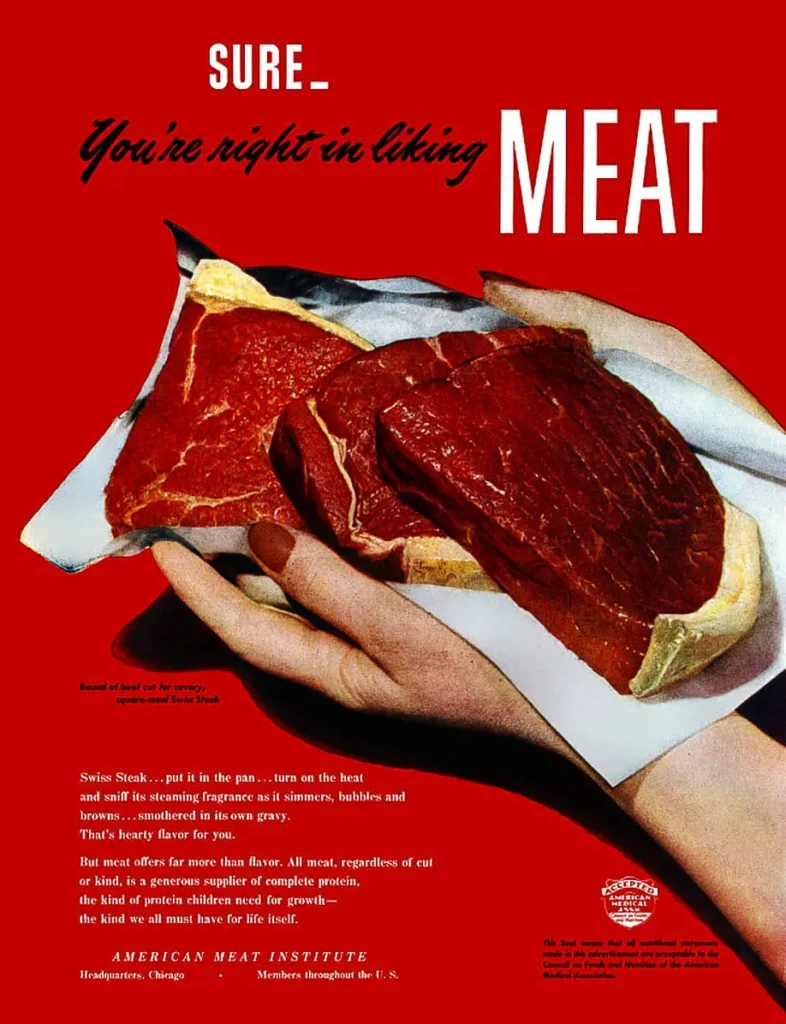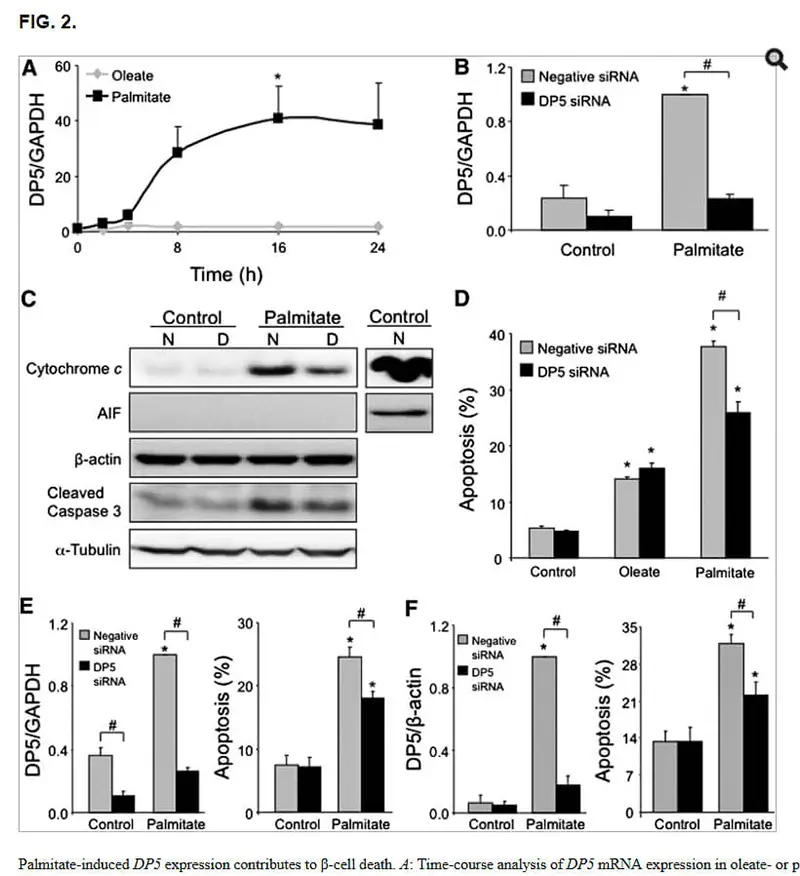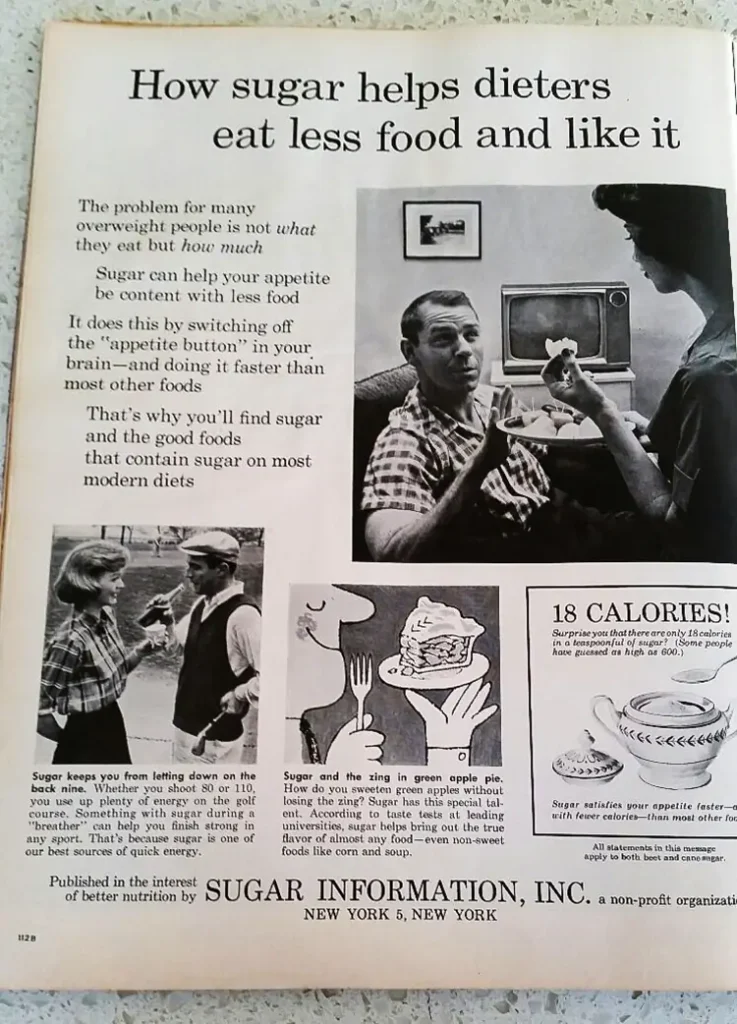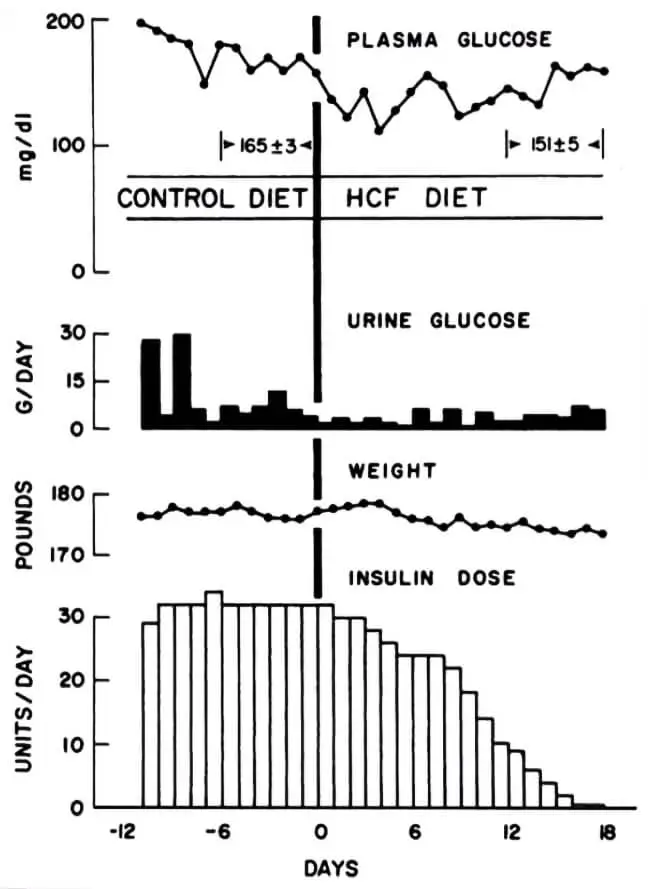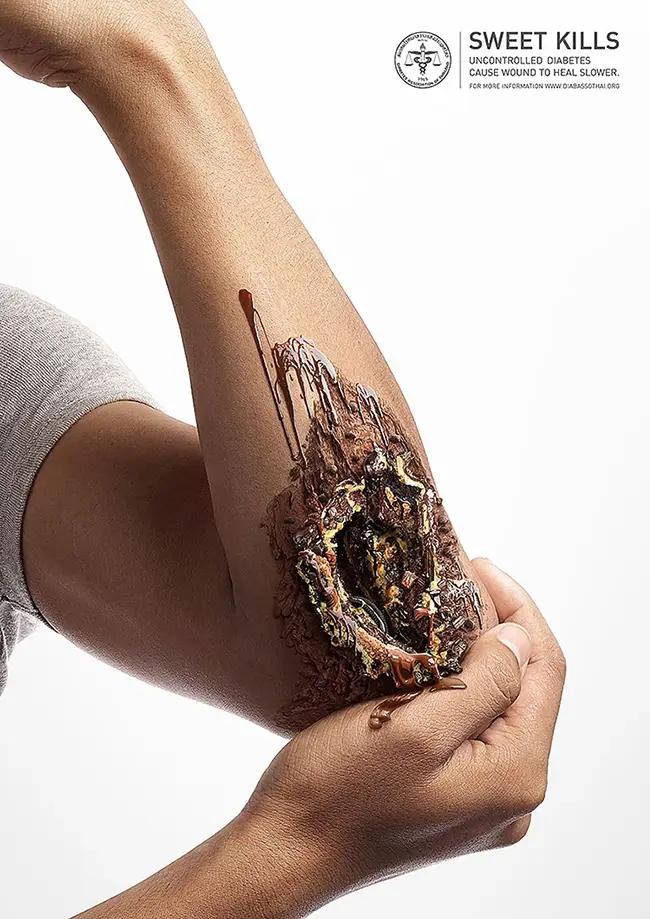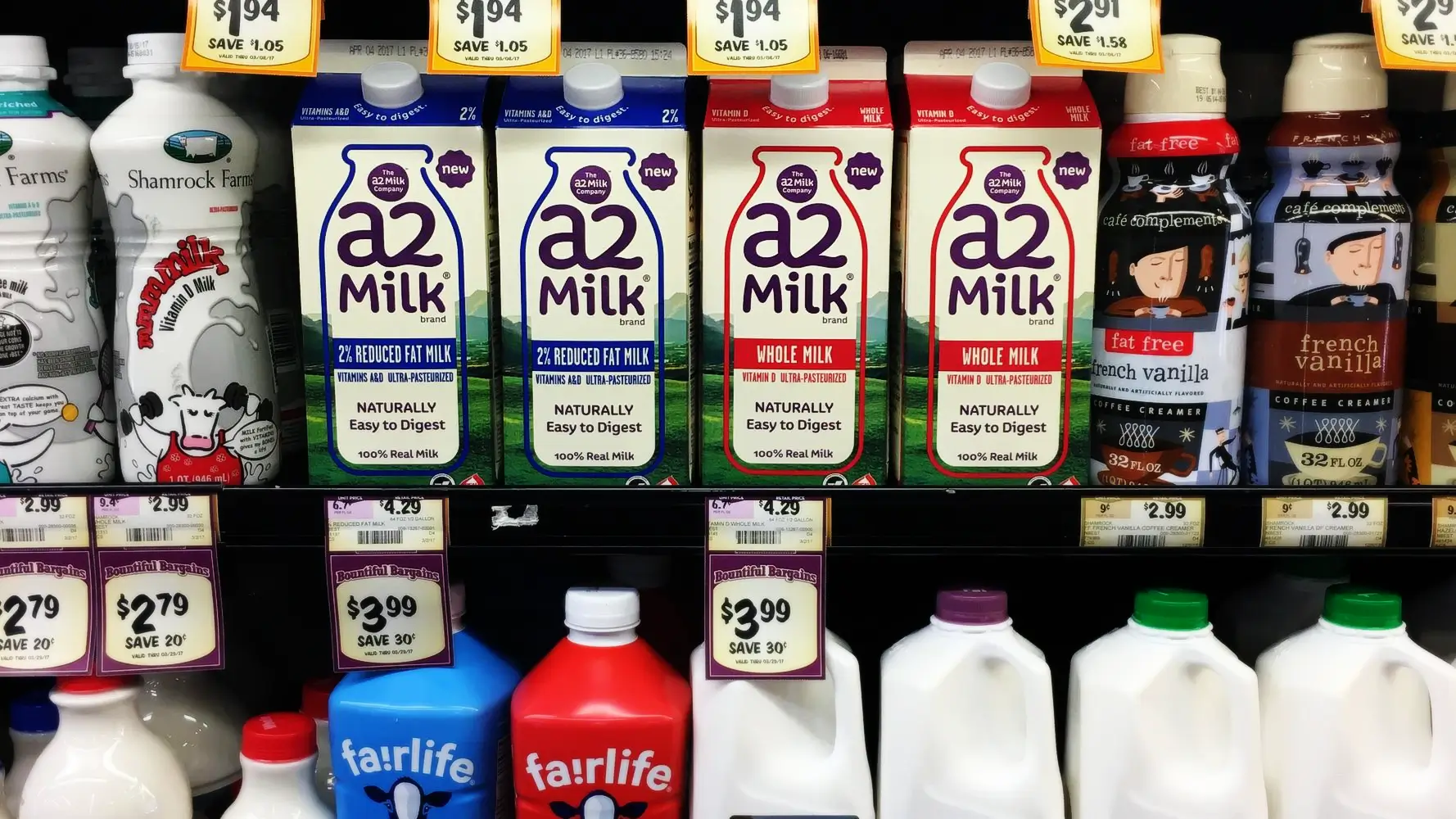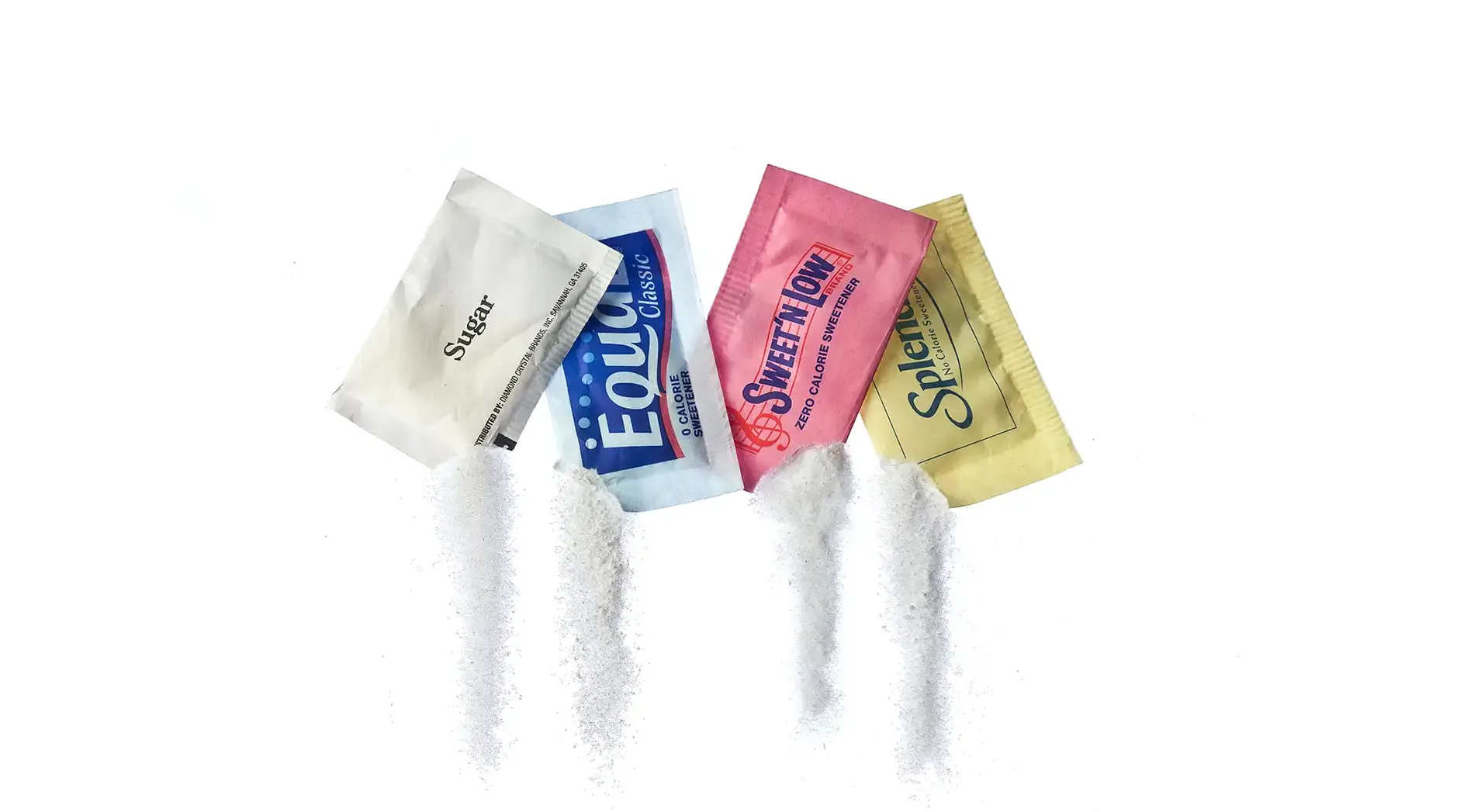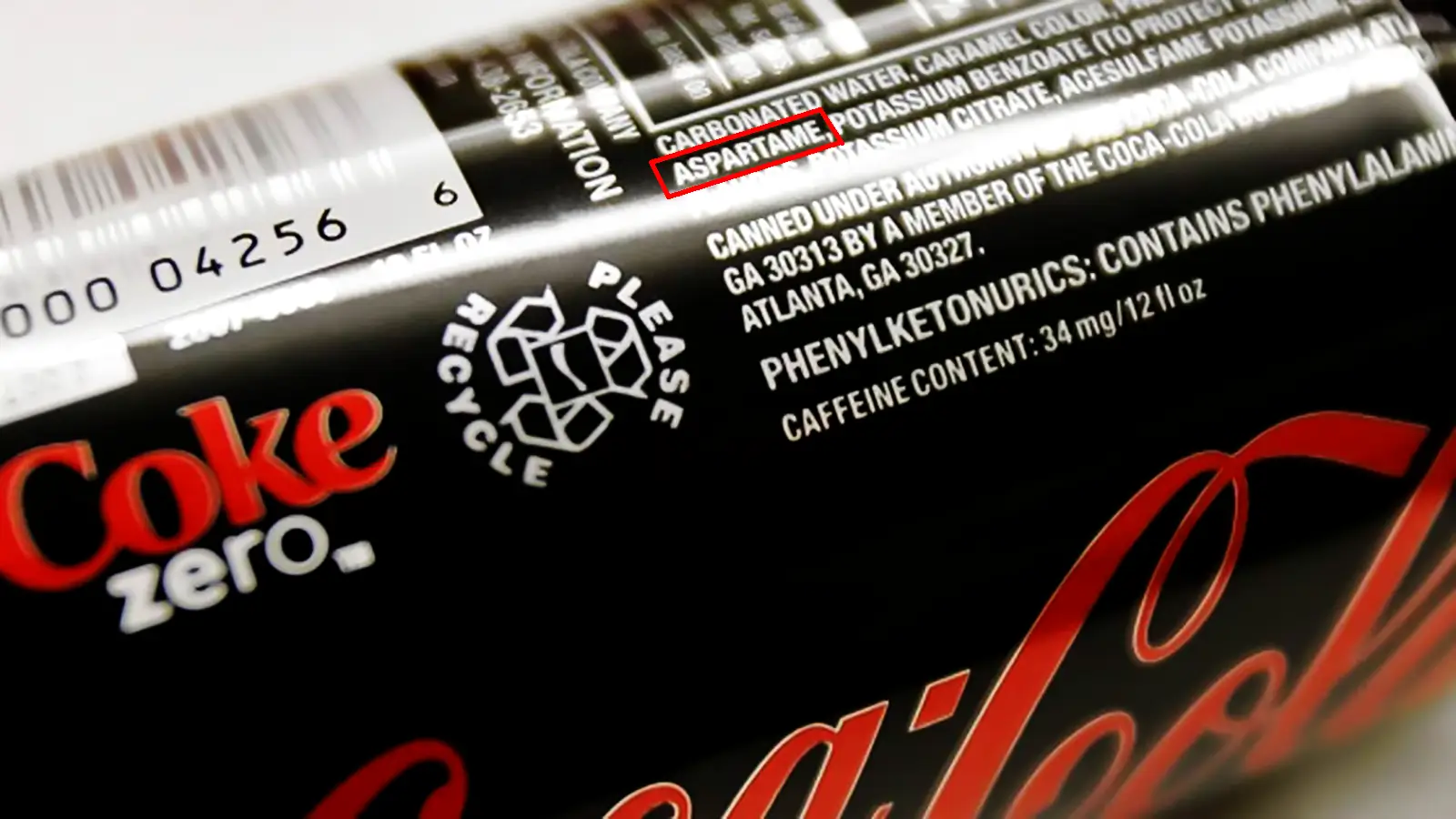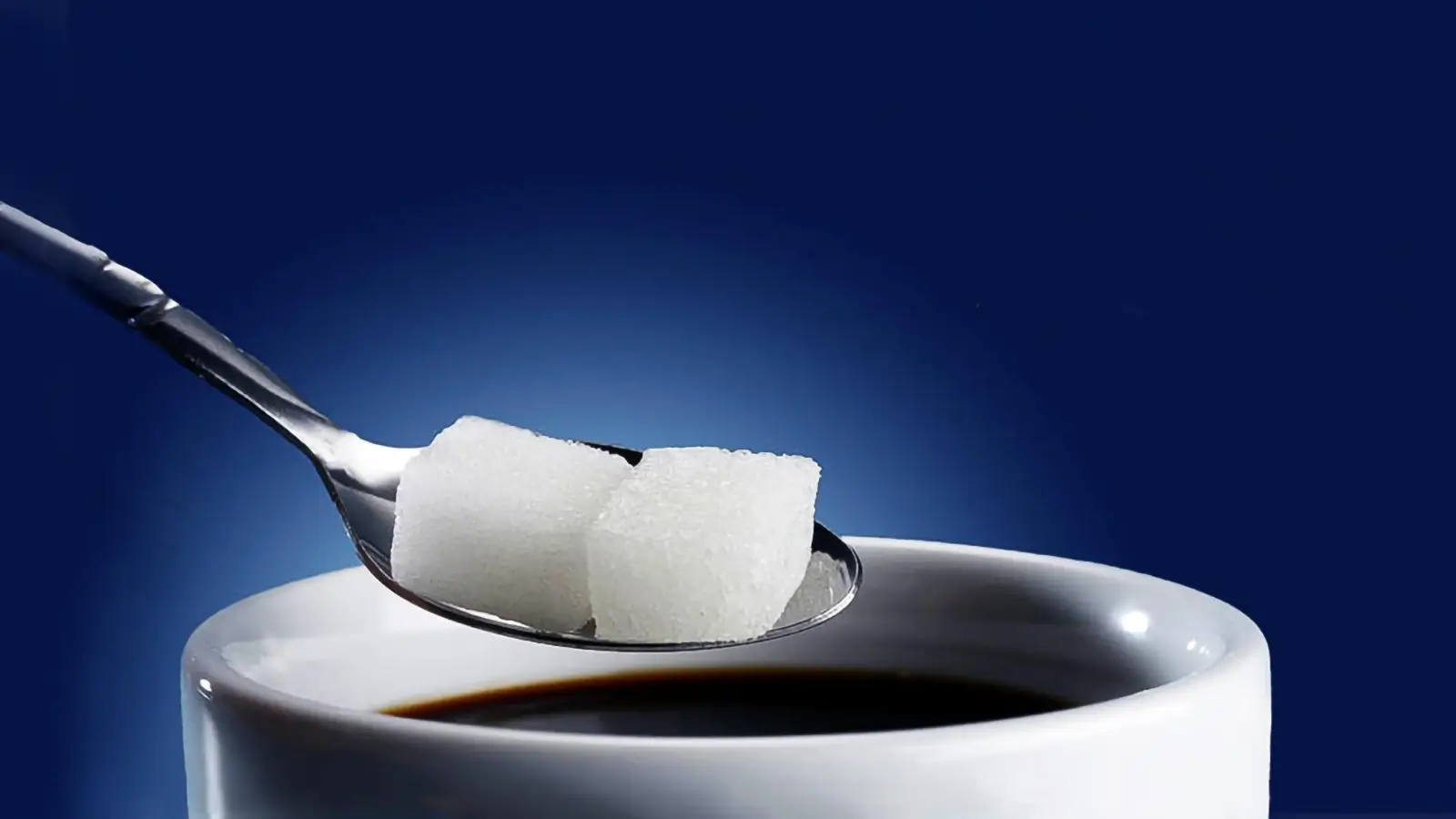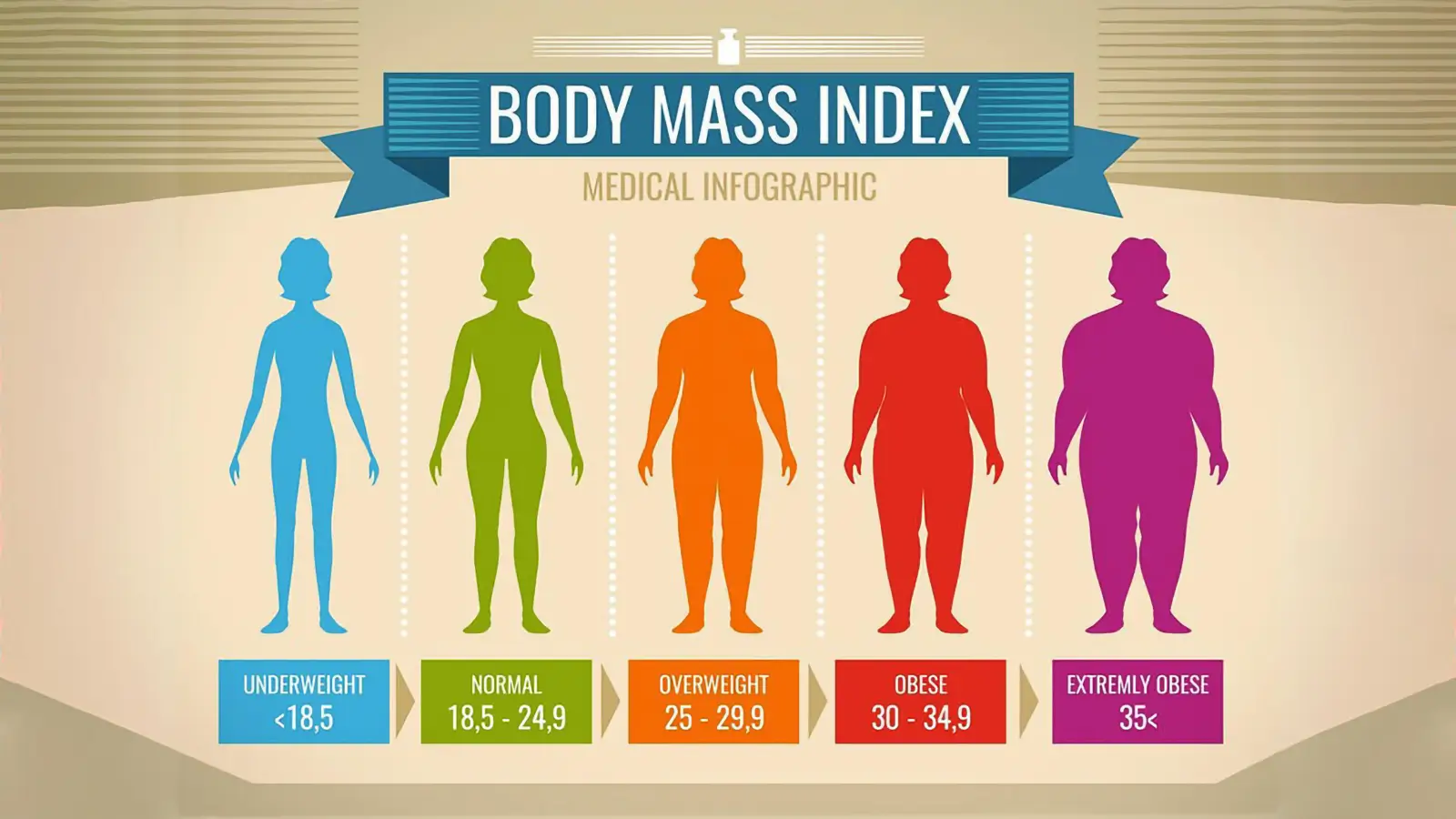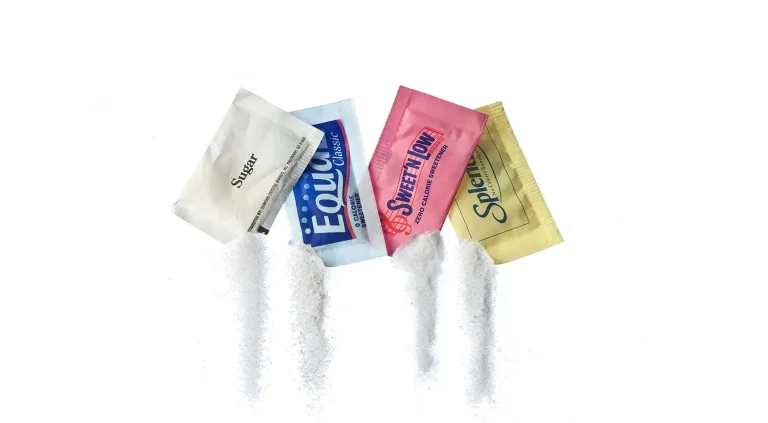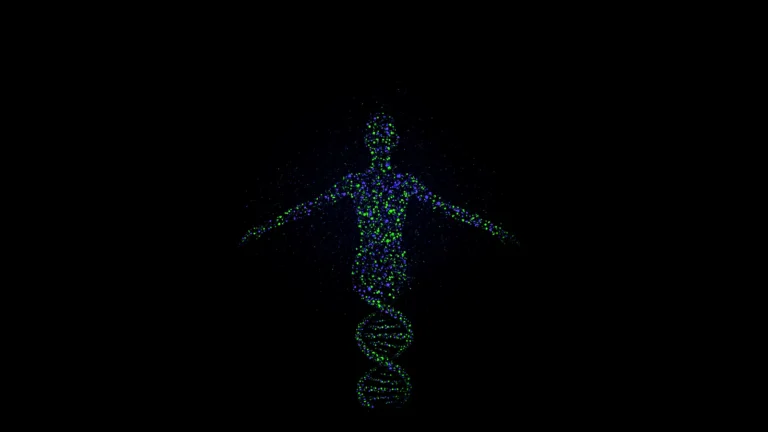Diabetes causes and saturated fat- The vegan argument
As the level of fat in the bloodstream rises the ability of the body to clear sugar drops. One of the diabetes causes is our maladaptation to a large fat intake
Milos Pokimica
Written By: Milos Pokimica
Medically Reviewed by: Dr. Xiùying Wáng, M.D.
Updated June 9, 2023Diabetes is still not fully explained.
True diabetes causes are in reality mix of different factors. It is not genetics and this is a big secret. In nature diabetes without medication is an instant death sentence so it would be selected against. The diabetes causes are a mixture of modern western types of diet with environmental factors and genetic predisposition as a maladaptation. There are a couple of diabetes causes but the main one is and always will be diet. And the main cause of the diet is not refined sugar or sugar of any sort but lipotoxicity. If I have to pick the number one cause of diabetes type 2 it would be lipotoxicity.
When we see the numbers that 1 in 10 people have diabetes, it is an understatement. The actual number is 1 in 3 people in developed countries; just they might not know it because they do not have visible symptoms and insulin resistance is in the range that is known as pre-diabetes. Pre-diabetes is a disease just by itself and would also cause in the long run some adverse effects. It escalates to full-blown diabetes in 1 in 10 cases. CDC estimates that these numbers will still grow primarily on a global scale as the industrialization of the undeveloped regions of the world is taking place. If you have pre-diabetes, the long-term damage, especially to your heart, blood vessels, and kidneys, may already be starting. I know, and they know, and we all know what diabetes causes are. Type 2 at least and to a great extent even type 1.
This is what regular medical industry like Mayo Clinic has to say about it:
“The exact cause of pre-diabetes is unknown. However, family history and genetics appear to play an important role. Inactivity and excess fat especially abdominal fat also seem to be important factors.”
The underlying message is that genetics is not the culprit.
Maladaptation is.
Type 1 is also maladaptation.
In the real world without insulin, an example would be human civilization just 200 years ago, having type 1 diabetes is an instant death sentence and to a great extent type 2 also. Babies born with it and people who got it would most likely die, and their genes would be selected against. Type 1 diabetes is still a modern disease. To be fair to Mayo Clinic maybe they cannot say it blatantly. What they will do at least is tell us this:
“Eating red meat and processed meat, and drinking sugar-sweetened beverages, is associated with a higher risk of pre-diabetes. A diet high in fruits, vegetables, nuts, seeds, whole grains, and olive oil is associated with a lower risk of pre-diabetes.” Their prevention guide includes healthy foods, physical activity, losing excess pounds and control of blood pressure and cholesterol because: “Research indicates that prediabetes is often associated with unrecognized heart attacks and can damage your kidneys, even if you have not progressed to type 2 diabetes.”
What research and how? For average men out there what is the connection between diabetes and heart attack? If we interpret the meaning between the lines, we would see what they are saying. The problem is most people do not. At the end of the day, meat is just meat. The composition is the same if not identical no matter if it is white or red. Some may have more fat some less, but all of them will act the same. Mayo will include other risk factors like weight, inactivity, and genetic predisposition.
Why olive oil, not other oils?
Because olive oil is a predominantly monosaturated form of oil that will not oxidize at the same level as polyunsaturated oil. The result of oxidation would be oxidative inflammation, meaning turning itself into rancid oil quickly. Saturated oil or in other word fat, oxidize even slower than monosaturated. However, saturated fat is exactly what causes diabetes along with animal protein. Two of them both come in the same product, meat. The overall inflammation plays the role, meaning a low level of chronic inflammation will worsen your condition and condition of all western diseases, and that comes along with meat and toxins and lack of antioxidants. It all comes as a package with a single cause of maladaptation to the modern diet.
When they talk about fat all the time it is not just dietary fat it is also abdominal fat. Our own fat is also saturated. Abdominal fat worsens the condition because of something that is known as the spillover effect. FFA or Free Fatty Acids or just fat in the bloodstream results in inflammation naturally. When fat is broken down there are toxic byproducts and oxidative stress which will block the insulin receptor pathway and lead to insulin resistance in the muscle (Ye, 2007).
As the level of fat in the bloodstream rises the ability of the body to clear sugar drops. I want to write this again.
As the level of fat in the bloodstream rises the ability of the body to clear sugar drops (Roden, 2004).
No big science here, nothing secret. The problem is that we are not designed to cope with sizeable saturated fat intake at a single sitting like carnivorous animals. They can eat to the extreme and we cannot. With the high amount of calories coming from meat and with much-saturated fat that is in there too and even worse, starch without fiber with animal protein combination the entire situation is aggravated. One other thing also aggravates all of this. Fat does not need to come from food it also comes from our own deposits. When we gain weight the number of fat cells does not rise. We have a constant number of them. What happens is that they just became larger with more fat in them.
How large could a fat cell get? They can but at one point they will become bloated and will start to spill the fat back into the bloodstream even if there is no need for it. Because of the spillover effect, obese people will have a higher fat concentration not just around their body but in the bloodstream too which will worsen the aggravation even more for diabetes and different types of other diseases. Because this fat cannot be adequately stored and there is no need for it, it will lodge itself in different cells including muscle cells, stick itself to arteries, it will make blood more ticker with less fluidity, and so on.
We are meant to cope well with utilizing fat, it is essential for life, but even this has a crossing line. This is why we have to fast for 9 to 12 hours before the blood test profile is to be taken. This will eliminate any effects of a recent meal on blood lipids such as cholesterol and triglycerides. In obesity blood tests are lipemic to some degree all the time, leading to insulin resistance and promoting type 2 diabetes. If we put people on a low-carb high-fat diet, fats build up in their muscles in just two hours compared to a low-fat diet (Bachmann et al., 2001). Fat means saturated fat without any fibers to slow down digestion meaning animal protein. Just hours after meat consumption our bodies have a problem using insulin. I will write this again. Just hours after meat consumption our bodies have a problem using insulin. High-fat and protein paleo, Atkins-type keto diets are not suited for pre-diabetics. None of the animal products are. I am putting all of these citations because this irritates the industry so much. Even institutions like Mayo Clinic go with the line. I do not live from medicine. I can write whatever I want to write, and you can go and do your own research, so I do not care. Consult your regular MD before doing any changes to your lifestyle.
I had pre-diabetes myself, and I had diabetes type 2 in the family. I had numerous high-level specialists telling me to eat low-fat meat and fish and to avoid sugar and carbs like rice. This is one of many topics that forced me to do research of my own. When I mention something like this (Pan et al., 2011) where investigators discovered that for every 3.5 ounces of red meat eaten daily, diabetes chance rose 10%, and for every 1.75 ounces of processed red meat eaten daily (about one packaged hot dog), the risk increased 51%, they didn’t like it.–
Carbohydrates are not bad. They will not make us fat and sick. They do not turn to sugar and make us get diabetes. It is precisely the opposite. In Japan word for cooked rice is Gohan also means meal. The word for breakfast as Gohan is morning rice. In China word for rice also means food. Chinese don’t ask: “How are you?”. They ask: “Have you had your rice today?”, as an expression. In India the situation is similar. It is the first food the bride offers her husband which is better than in Indonesia where there is no marriage until the bride is able to prepare the rice skillfully. Where is obesity there, where is diabetes, where is cancer, stroke, or heart disease? These countries may have cholera or some other infectious disease problem, but that is a consequence of low sanitation. They do not have diabetes.
Diabetes causes are not that difficult to figure out. The fact that type 2 diabetes is the mostly preventable disease that has reached such a high level is a humiliation to the medical community.
What about type 1? In type 1 there is no insulin resistance, but the pancreas or more specific cells named beta cells are damaged. These cells in normal conditions produce insulin but because they are dead or damaged they do not. By the age of 20, we have all the beta cells we would because they do not regenerate like liver cells for example. If we lose them, it is for good. In autopsy studies with people who had diabetes type 2, they found that by the time type 2 diabetes is diagnosed beta cells numbers are down to around 50 percent and that number decreases even more as life progresses. So besides insulin resistance, there is some form of pre-diabetes of type 1 in pre-diabetes of type 2 individuals to some extent.
What kills them, these beta insulin-producing cells? The answer is the same. Fat.
To be more precise only the saturated fat, not vegetable oil.
We can even do it directly in a Petri dish. Take some beta cells and put fat on top of them, they suck it up and die (Estadella et al., 2013). Fatty acid derivate interferes with the function of beta cells and ultimately leads to their death through lipoapoptosis. Lipo means fat, Greek (lípos, animal fat), and apoptosis means the process of programmed cell death. Alternatively, just fat kills them. In the above paper, they concluded it is because of all the inflammation that comes along with animal fat. Fatty acids are involved in several inflammatory pathways, contributing to chronic inflammation, disease progression, cancer, allergy, hypertension, atherosclerosis, and heart hypertrophy as well as other metabolic and degenerative diseases. As a consequence, lipotoxicity may occur in several target organs including the pancreas. It can happen through direct effects, represented by inflammation pathways, and through indirect effects, including an essential alteration in the gut microbiota associated with endotoxemia. It feeds all the bad bacteria in the gut that will multiply exponentially and then secrete toxins into the bloodstream. As a consequence, the immune system response will be triggered causing inflammation and DNA damage. Interactions between these pathways may perpetuate a feedback process that exacerbates an inflammatory state. Also, I will add to this that when combined with an inflammatory nutrient-deprived diet that comes when we eat animal protein with fat and not plant protein that comes with antioxidants, there are no nutrients to stop the inflammation. Don’t get me wrong lipotoxicity will happen even if we stuff ourselves with kale but lacking anti-inflammatory, antioxidant nutrient-rich food will add salt to the injury.
In this paper, they did an experiment to see just how much beta cells die with lipotoxicity (Cunha et al., 2012).
Oleate is fat in nuts and olives, and palmitate is fat in saturated fat or just fat from animals. We know what beta cell is and we know that apoptosis means death so do your own analysis of the chart from this mystery language study. If you are just not into it then look at chart A, and you will see the difference in “Palmitate-induced DP5 expression contribution to ß-cell apoptosis” or just in normal language how much animal fat kills insulin-producing cells. Also, it is not just fat; cholesterol does it independently as a result of oxidative stress or ROS (reactive oxygen species) formation (Cnop, 2008).
What causes diabetes? At least type 2 is the consumption of a hypercaloric diet rich in animal protein (saturated fat) in individuals that have more of a genetic predisposition to it. Aggravation of disease is infused with the combination and consumption of animal protein and carbohydrates at a single sitting.
How many people know this? Not even a dietician specialist will tell you this.
I will mention one more study (Anderson et al., 1979). It was done back in 1979. To exclude weight loss from the positive impact on blood sugar levels they had to weigh subjects every day and force them to eat more on many occasions. At the end of the study, there were no significant alterations in body weight despite the restriction on animal product consumption. Weight loss was excluded as a possible influential factor. They were restricted in meat, dairy, eggs, and junk and were allowed to eat whole food plant-based diet only. The result was as follows: the average insulin dose was reduced from 26 units/day on the control diets to 11. That is a 65% reduction and half of the people with diabetes were off the insulin completely. Many of these subjects were on diabetic medications for as long as 20 years. After years of medication injecting 26 units of insulin a day on average, half of them were able to get off completely with a plant-based diet. Imagine that.
You are injecting yourself for 20 years with no cure, and then some “stupid” vegan diet gets you off insulin. What do you think, how much time did it take for a diet to work? Year or two, or a couple of months? It took 16 days. You have had diabetes for 20 years injecting 26 units of insulin a day, and then 16 days later you are free.
Why has nobody ever told you about this study? Why has nobody ever told you about a plant-based diet? There is the chart above with the results for patient number 15. He was having 32 units of insulin on the control diet and then 16 days later, zero.
Is this just a fluke?
Ask your doctor about all of this. Is it all maybe just an indication of control of information and corruption on a systematic scale?
Sweet kills but is not going to kill you at first. High sugar is a symptom of diabetes, not a cause. And they manipulate this fact for a reason.
Sweet kills is a half-truth.
Sugar is not a prime suspect on a “secret” group of unidentified factors that belong to the diabetes causes list. Saturated fat is.
References:
- Ye J. (2007). Role of insulin in the pathogenesis of free fatty acid-induced insulin resistance in skeletal muscle. Endocrine, metabolic & immune disorders drug targets, 7(1), 65–74. https://doi.org/10.2174/187153007780059423
- Roden M. (2004). How free fatty acids inhibit glucose utilization in human skeletal muscle. News in physiological sciences : an international journal of physiology produced jointly by the International Union of Physiological Sciences and the American Physiological Society, 19, 92–96. https://doi.org/10.1152/nips.01459.2003
- Bachmann, O. P., Dahl, D. B., Brechtel, K., Machann, J., Haap, M., Maier, T., Loviscach, M., Stumvoll, M., Claussen, C. D., Schick, F., Häring, H. U., & Jacob, S. (2001). Effects of intravenous and dietary lipid challenge on intramyocellular lipid content and the relation with insulin sensitivity in humans. Diabetes, 50(11), 2579–2584. https://doi.org/10.2337/diabetes.50.11.2579
- Pan, A., Sun, Q., Bernstein, A. M., Schulze, M. B., Manson, J. E., Willett, W. C., & Hu, F. B. (2011). Red meat consumption and risk of type 2 diabetes: 3 cohorts of US adults and an updated meta-analysis. The American journal of clinical nutrition, 94(4), 1088–1096. https://doi.org/10.3945/ajcn.111.018978
- Estadella, D., da Penha Oller do Nascimento, C. M., Oyama, L. M., Ribeiro, E. B., Dâmaso, A. R., & de Piano, A. (2013). Lipotoxicity: effects of dietary saturated and transfatty acids. Mediators of inflammation, 2013, 137579. https://doi.org/10.1155/2013/137579
- Cunha, D. A., Igoillo-Esteve, M., Gurzov, E. N., Germano, C. M., Naamane, N., Marhfour, I., Fukaya, M., Vanderwinden, J. M., Gysemans, C., Mathieu, C., Marselli, L., Marchetti, P., Harding, H. P., Ron, D., Eizirik, D. L., & Cnop, M. (2012). Death protein 5 and p53-upregulated modulator of apoptosis mediate the endoplasmic reticulum stress-mitochondrial dialog triggering lipotoxic rodent and human β-cell apoptosis. Diabetes, 61(11), 2763–2775. https://doi.org/10.2337/db12-0123
- Cnop M. (2008). Fatty acids and glucolipotoxicity in the pathogenesis of Type 2 diabetes. Biochemical Society transactions, 36(Pt 3), 348–352. https://doi.org/10.1042/BST0360348
- Anderson, J. W., & Ward, K. (1979). High-carbohydrate, high-fiber diets for insulin-treated men with diabetes mellitus. The American journal of clinical nutrition, 32(11), 2312–2321. https://doi.org/10.1093/ajcn/32.11.2312
Related Posts
Do you have any questions about nutrition and health?
I would love to hear from you and answer them in my next post. I appreciate your input and opinion and I look forward to hearing from you soon. I also invite you to follow us on Facebook, Instagram, and Pinterest for more diet, nutrition, and health content. You can leave a comment there and connect with other health enthusiasts, share your tips and experiences, and get support and encouragement from our team and community.
I hope that this post was informative and enjoyable for you and that you are prepared to apply the insights you learned. If you found this post helpful, please share it with your friends and family who might also benefit from it. You never know who might need some guidance and support on their health journey.
– You Might Also Like –

Learn About Nutrition
Milos Pokimica is a doctor of natural medicine, clinical nutritionist, medical health and nutrition writer, and nutritional science advisor. Author of the book series Go Vegan? Review of Science, he also operates the natural health website GoVeganWay.com
Medical Disclaimer
GoVeganWay.com brings you reviews of the latest nutrition and health-related research. The information provided represents the personal opinion of the author and is not intended nor implied to be a substitute for professional medical advice, diagnosis, or treatment. The information provided is for informational purposes only and is not intended to serve as a substitute for the consultation, diagnosis, and/or medical treatment of a qualified physician or healthcare provider.NEVER DISREGARD PROFESSIONAL MEDICAL ADVICE OR DELAY SEEKING MEDICAL TREATMENT BECAUSE OF SOMETHING YOU HAVE READ ON OR ACCESSED THROUGH GoVeganWay.com
NEVER APPLY ANY LIFESTYLE CHANGES OR ANY CHANGES AT ALL AS A CONSEQUENCE OF SOMETHING YOU HAVE READ IN GoVeganWay.com BEFORE CONSULTING LICENCED MEDICAL PRACTITIONER.
In the event of a medical emergency, call a doctor or 911 immediately. GoVeganWay.com does not recommend or endorse any specific groups, organizations, tests, physicians, products, procedures, opinions, or other information that may be mentioned inside.
Editor Picks –
Milos Pokimica is a health and nutrition writer and nutritional science advisor. Author of the book series Go Vegan? Review of Science, he also operates the natural health website GoVeganWay.com
Latest Articles –
Top Health News — ScienceDaily
- Alzheimer’s may begin with a silent drop in brain blood flowon February 24, 2026
Subtle changes in brain blood flow and oxygen use are closely linked to hallmark signs of Alzheimer’s, including amyloid plaques and memory-related brain shrinkage. Simple, noninvasive scans may one day help spot risk earlier—by looking at the brain’s vascular health, not just its plaques.
- Scientists engineer bacteria to eat cancer tumors from the inside outon February 24, 2026
Researchers are engineering bacteria to invade tumors and consume them from the inside. Because tumor cores lack oxygen, they’re the perfect breeding ground for these microbes. The team added a genetic tweak that helps the bacteria survive longer near oxygen-exposed edges — but only once enough of them are present to trigger the change. It’s a carefully programmed biological attack that could one day offer a new way to destroy cancer.
- Massive US study finds higher cancer death rates near nuclear power plantson February 24, 2026
A sweeping nationwide study has found that U.S. counties located closer to operating nuclear power plants have higher cancer death rates than those farther away. Researchers analyzed data from every nuclear facility and all U.S. counties between 2000 and 2018, adjusting for income, education, smoking, obesity, environmental conditions, and access to health care. Even after accounting for those factors, cancer mortality was higher in communities nearer to nuclear plants, particularly among older […]
- Training harder could be rewiring your gut bacteriaon February 24, 2026
Training harder may do more than build muscle—it could transform your gut. Researchers found that intense workouts change the balance of bacteria and important compounds in athletes’ digestive systems. When training loads dropped, diet quality slipped and digestion slowed, triggering different microbial shifts. These hidden changes might influence performance in ways scientists are only beginning to understand.
- Scientists reverse muscle aging in mice and discover a surprising catchon February 24, 2026
A UCLA study in mice reveals that aging muscle stem cells accumulate a protein that slows repair but boosts survival. This protein, NDRG1, acts like a brake, preventing cells from activating quickly after injury. When researchers blocked it in older mice, muscle healing sped up dramatically — but stem cells became less resilient over time. The work suggests aging may reflect a survival trade-off rather than straightforward decline.
- Less sugar as a baby, fewer heart attacks as an adulton February 23, 2026
People whose sugar intake was restricted before birth and in early childhood had markedly lower rates of heart disease later in life. Compared to those never exposed to rationing, their risks of heart attack, stroke, heart failure, and cardiovascular death were cut by roughly 20–30%.
- Scientists create universal nasal spray vaccine that protects against COVID, flu, and pneumoniaon February 23, 2026
Scientists at Stanford Medicine have unveiled a bold new kind of “universal” vaccine that could one day protect against everything from COVID-19 and the flu to bacterial pneumonia and even common allergens. Instead of targeting a specific virus or bacterium, the nasal spray vaccine supercharges the lungs’ own immune defenses, keeping them on high alert for months. In mice, it slashed viral levels, prevented severe illness, and even blocked allergic reactions.
PubMed, #vegan-diet –
- Veganism: an extended theory of planned behavior framework incorporating ethical, environmental, and sociodemographic determinantson February 20, 2026
CONCLUSION: This study broadens the TPB by integrating ethical, normative, and psychosocial dimensions that explain vegan intentions beyond traditional predictors. Findings underscore the importance of moral identity, perceived social expectations, and contextual factors in shaping sustainable dietary behaviors.
- Association Between Diet and Metabolome in Childhood and Adolescence: A Systematic Reviewon February 11, 2026
CONCLUSION: This review identifies several metabolites consistently associated with specific dietary components across different studies in children and adolescents. These findings support the potential of metabolomics for validating dietary biomarkers and improving the accuracy of dietary assessment in pediatric populations. Although metabolomic markers reflect actual dietary intake, their implications for health outcomes remain to be explored.
- Growth Trajectories in Infants From Families With Plant-Based or Omnivorous Dietary Patternson February 5, 2026
CONCLUSIONS AND RELEVANCE: In this cohort study, infants from vegan households had growth patterns similar to those from omnivorous households, with a higher odds of early underweight that decreased by age 24 months. In the context of developed countries, these findings seem reassuring. Further research should examine vegan diet quality and the impact of nutritional counseling during pregnancy and infancy in supporting optimal infant development.
- Influences of vegan status on protein intake, lean body mass, and strength in lightly active, young women: A cross-sectional studyon February 5, 2026
CONCLUSION: These data suggest that functional indicators of body protein status may be adversely impacted by long-term adherence to vegan diets in young adult women.
- Iodineon January 1, 2006
Iodine is an essential trace nutrient for all infants that is a normal component of breastmilk. Infant requirements are estimated to be 15 mcg/kg daily in full-term infants and 30 mcg/kg daily in preterm infants.[1] Breastmilk iodine concentration correlates well with maternal urinary iodine concentration and may be a useful index of iodine sufficiency in infants under 2 years of age, but there is no clear agreement on a value that indicates iodine sufficiency, and may not correlate with […]
Random Posts –
Featured Posts –
Latest from PubMed, #plant-based diet –
- Differences in Protein Quantity and Quality Across a Spectrum of Plant-Based Meals: Analysis of a Large National Dietary Surveyby Sophie L van Oppenraaij on February 24, 2026
CONCLUSIONS: This study shows that only a small proportion of Dutch adults met both protein-related recommendations and sustainability goals, due to lower protein quantity and quality in more plant-based diets. This study emphasizes the need for professional guidance, especially in individuals with higher protein requirements, to facilitate a successful transition to a more plant-based diet.
- Dietary animal fat disrupts gut microbiota and aggravates Scl-cGVHD after allogeneic hematopoietic stem cell transferby Danielle D Millick on February 24, 2026
Allogeneic hematopoietic stem cell transplant (allo-HSCT) is an effective treatment for high-risk or relapsed acute leukemia. However, the frequent occurrence of graft-versus-host disease (GVHD) poses significant complications. Modifiable factors such as the gut microbiome and dietary regimen have the potential to influence the frequency and severity of GVHD. Previous studies in mouse models have shown a direct link between obesity and increased severity of GVHD; however, analysis of human […]
- Evaluation of biochemical, histopathological, hematological, and genotoxic effects of some indigenous weed plant extracts in albino rats toward a natural and safe alternative to synthetic insecticidesby Muhammad Asif Zahoor on February 23, 2026
CONCLUSION: These findings suggest that these weed plants have the potential to be used as biopesticides for future integrated pest management (IPM) programs.
- Comparative life cycle assessment of conventional dairy products and plant-based analog and hybrid alternatives: current status and future perspectivesby Muhammed Fidan on February 23, 2026
Conventional dairy products are associated with relatively high environmental burdens, largely driven by farm-level processes such as enteric methane emissions, feed production, and land use. These concerns have intensified interest in plant-based analog and hybrid dairy products as potential alternatives. However, environmental comparisons among these product categories remain inconsistent due to differences in functional units, methodological choices, and nutritional characteristics. This…
- Dietary Patterns and Indicators of Cognitive Functionby Hui Chen on February 23, 2026
CONCLUSIONS AND RELEVANCE: Results reveal that healthy diets, exemplified by the DASH diet for blood pressure control and diets with lower hyperinsulinemia and inflammation potentials, were associated with a lower SCD risk and better cognitive function. These findings underscore the importance of a healthy diet for maintaining long-term cognitive health.
- Adherence to the EAT-Lancet Planetary Health Diet during Pregnancy and Associations with Preterm Birth and Infant Size: a prospective analysis from the New Hampshire Birth Cohortby Leyre Notario Barandiaran on February 21, 2026
CONCLUSION: Originally proposed for chronic disease prevention and planetary sustainability, higher adherence to the PHD during pregnancy may also benefit birth outcomes, particularly lower odds of preterm birth.
